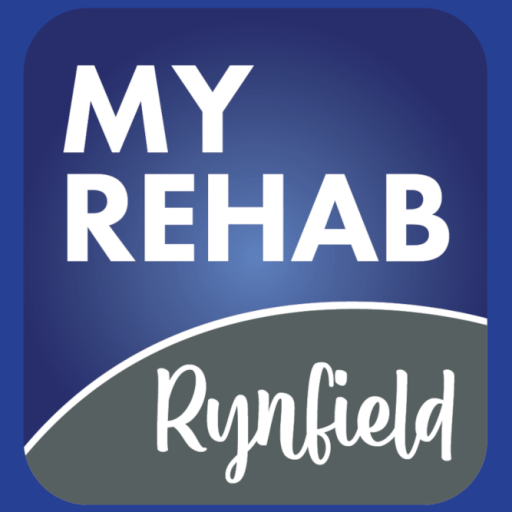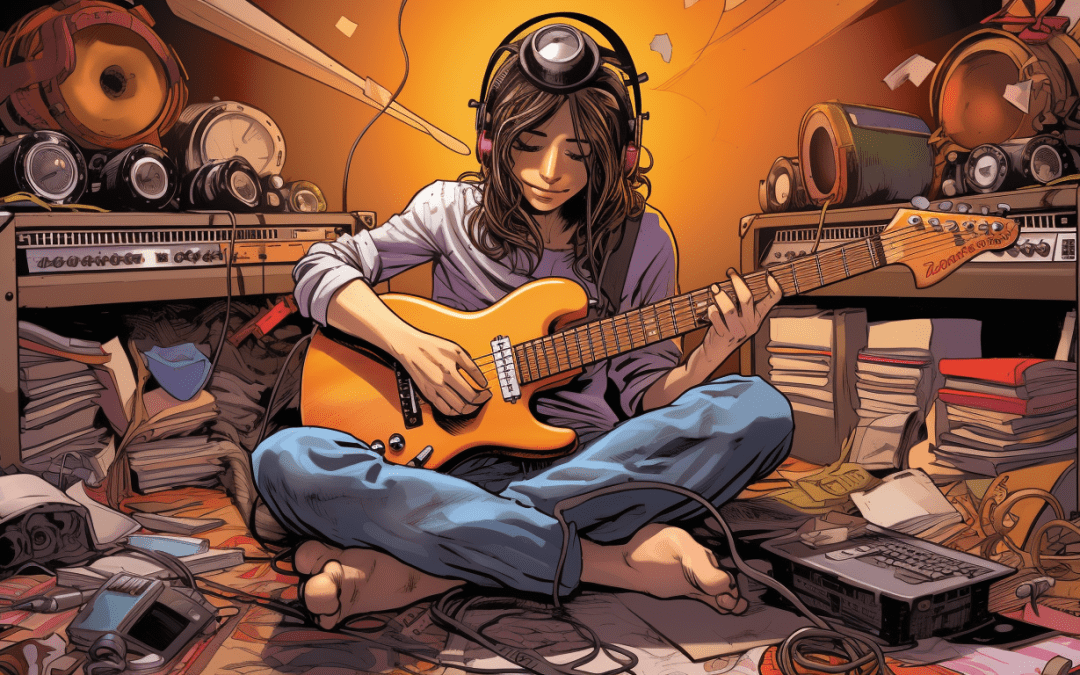Within the symphony of healing that echoes through the halls of rehab centers, there’s a special melody that plays a pivotal role in the journey towards sobriety. This melody is not derived from the strings of a guitar or the keys of a piano alone, but from the therapeutic practice known to many as music therapy. Harmonizing the complex emotions and challenges faced during addiction recovery, music therapy offers a unique, powerful, and deeply resonant tool that aids in navigating the path to recovery. Let’s delve into the crescendo of benefits that music therapy provides and the significant impact it has on emotional regulation and substance abuse treatment.
The Resonance of Emotional Regulation with Music Therapy.
At the core of music therapy’s effectiveness in addiction recovery lies its unparalleled capacity for facilitating emotional regulation. For individuals entangled in the struggle against addiction, articulating and managing emotions can often seem like an insurmountable task. Music therapy bridges this gap, offering individuals a voice when words fail. Through creating, sharing, and experiencing music, those in recovery can explore and express their emotions in a supportive, non-verbal way, fostering a deeper understanding and connection with their inner selves.
Composing Connections: Building Relationships Through Rhythms.
Recovery from addiction is a journey that necessitates connectivity—not just a solitary path but a harmonious interaction with therapists, peers, and the community. Music therapy orchestrates this connection beautifully, offering a universal language that transcends traditional communication barriers. The act of making music in groups or engaging in shared musical experiences can foster a sense of belonging and camaraderie, essential elements for a support network in recovery.
Rewriting the Score: Personal Transformation Through Music.
Music therapy empowers individuals in addiction recovery to compose their narratives of transformation. By engaging in personalized music-making activities, like songwriting or improvisation, individuals can creatively express their journey through recovery, from the dissonance of addiction to the harmony of sobriety. This process not only boosts self-esteem but also mirrors the individual’s growth and resilience, reinforcing their commitment to recovery.
Harmonizing Healing: The Role of Music Therapy in Substance Abuse Treatment.
Music therapy contributes subtly yet significantly to the broader treatment modalities for substance abuse. It has been shown to reduce stress, alleviate symptoms of depression and anxiety, and evoke a sense of calmness—factors crucial in reducing the risk of relapse. By fostering positive emotional experiences associated with music, individuals can cultivate new, healthy routines that champion long-term recovery goals.
The Lasting Impact of Music Therapy.
In the vast orchestration of addiction recovery, music therapy plays more than a mere supporting role; it resonates at the heart of healing. Its power lies in its ability to evoke emotion, foster connections, and inspire personal transformation — all pivotal chords in the composition of recovery.
As we continue to explore the efficacies of various recovery modalities, let’s remain attuned to the profound impact music therapy can have in harmonizing the journey to sobriety, one note at a time.
Discover renewed clarity and embark on the path to recovery at our premier Benoni rehab center—a peaceful refuge amidst the dynamic regions of Boksburg, Kempton Park, and Edenvale. Offering a supportive haven for those struggling with the weights of addiction, our East Rand sanctuary provides the foundation for wellness with comprehensive therapies and a nurturing environment shaped for healing. Embrace forgiveness, acceptance, and growth, resolving to conquer your demons in the serene suburbs of Johannesburg. Begin the sober journey of mindful recovery. Connect with us for hope and help at admissions@myrehab.co.za or call +27 72 794 5238 or +27828863996, and find support through our WhatsApp link.

